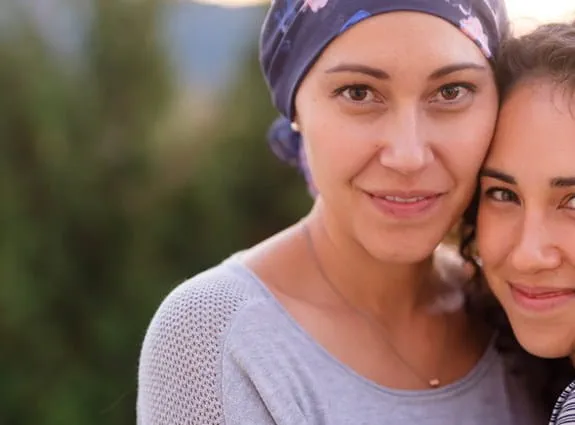
Complementary therapies
Complementary therapies can work alongside standard cancer treatment to help you feel better. There are many types of therapies, so it’s important to understand the differences between them and research which therapy and practitioner are right for you. It’s also important to talk to your healthcare team about any complementary therapy you are considering.
What are complementary therapies?
Complementary therapies can help you improve your overall health and well-being, and help you cope with the side effects of standard cancer treatments. To understand how a complementary therapy may be used, it helps to know what we mean by standard cancer treatments and complementary therapies.

Types of complementary therapies
There are many different types of complementary therapies. The type of complementary therapy you choose will depend on many factors, including what your healthcare team recommends and what you hope the therapy will do.

Choosing a complementary therapy and practitioner
Your healthcare team may be able to recommend complementary therapies to help you cope with side effects or suggest complementary therapy practitioners who work with people with cancer. Be thorough – evaluate the research evidence of the therapy that you think might help you and ask about the qualifications of the practitioner.

Your trusted source for accurate cancer information
With support from readers like you, we can continue to provide the highest quality cancer information for over 100 types of cancer.
We’re here to ensure easy access to accurate cancer information for you and the millions of people who visit this website every year. But we can’t do it alone.
Every donation helps fund reliable cancer information, compassionate support services and the most promising research. Please give today because every contribution counts. Thank you.
